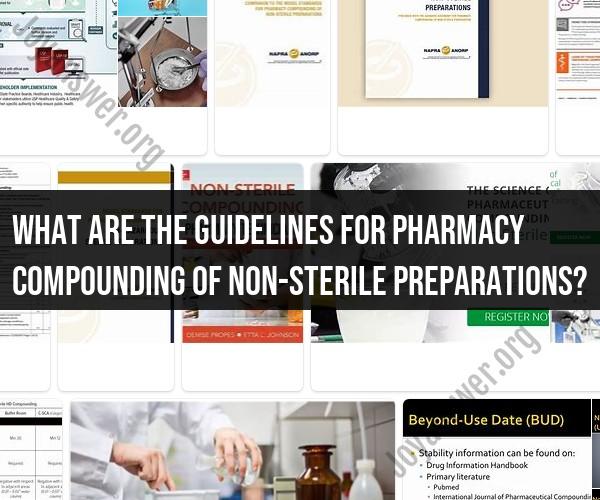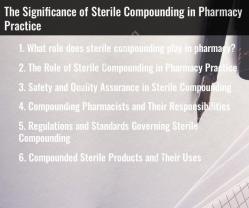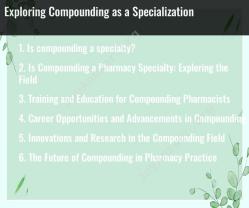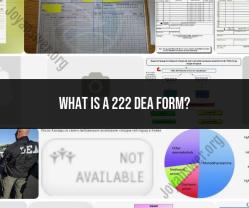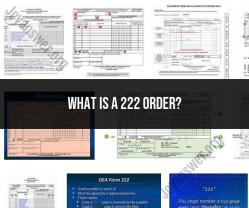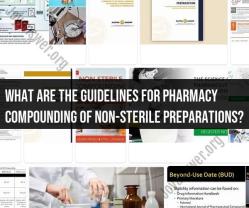What are the guidelines for pharmacy compounding of non-sterile preparations?
Compounding non-sterile preparations in a pharmacy requires strict adherence to guidelines and standards to ensure the safety and efficacy of the compounded medications. Here are some general guidelines for compounding non-sterile preparations:
Training and Competency: Pharmacists and pharmacy staff involved in compounding must be adequately trained and competent in compounding techniques. Continuous education and training are essential.
Facility Requirements: The compounding area should be clean, well-organized, and free from contamination. Adequate space, equipment, and supplies should be available.
Ingredients and Formulas: Use high-quality pharmaceutical ingredients from reputable sources. Compounding formulas should be based on established and documented recipes or guidelines.
Compounding Records: Maintain accurate and detailed records of all compounded preparations, including the ingredients used, batch numbers, expiration dates, and the compounding process itself.
Personal Protective Equipment (PPE): Pharmacists and staff should wear appropriate PPE, including gloves, lab coats, masks, and eye protection, to prevent contamination.
Cleaning and Sanitization: Regularly clean and sanitize compounding equipment, surfaces, and utensils to prevent contamination. Use appropriate disinfectants.
Compounding Asepsis: While non-sterile compounding does not require aseptic techniques like sterile compounding, cleanliness is crucial. Avoid cross-contamination by following good compounding practices.
Weighing and Measuring: Use calibrated equipment for accurate weighing and measuring of ingredients. Double-check calculations to prevent errors.
Labeling: Properly label compounded preparations with the patient's name, medication name, strength, dosage form, directions for use, and expiration date.
Quality Control: Implement quality control measures, such as testing preparations for stability, potency, and appearance.
Beyond-Use Dating: Assign appropriate beyond-use dates to compounded preparations based on stability data, taking into account factors like temperature and storage conditions.
Patient Counseling: Provide adequate patient counseling and instructions for using compounded medications.
Adverse Event Reporting: Establish procedures for reporting adverse events or product defects associated with compounded medications.
Regulatory Compliance: Ensure compliance with local, state, and federal regulations governing pharmacy compounding. This may include registration and reporting requirements.
Documentation: Keep thorough documentation of all compounding activities, including deviations from standard procedures and any corrective actions taken.
Recalls and Quality Assurance: Have procedures in place for recalling compounded preparations if necessary and for conducting ongoing quality assurance and improvement activities.
These guidelines should be considered alongside specific regulations and standards applicable in your region, as compounding requirements can vary. Additionally, consult resources provided by pharmacy organizations, regulatory agencies, and compounding associations for comprehensive guidance on non-sterile compounding.
